Best Noise Modules Under $200 2026
Affordable noise modules under $200 - great value without compromising quality
Last updated: February 4, 2026 • Next update: February 11, 2026
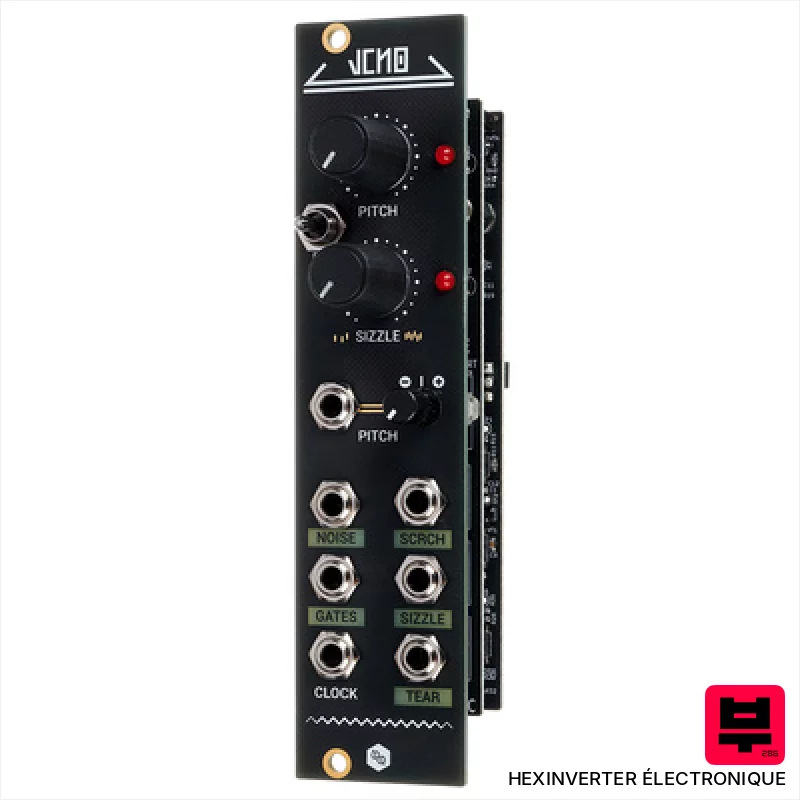
Hexinverter Électronique VCNO
- • Great for sound design applications
- • Random modulation source
- • Noise quality varies between modules
- • May seem like simple functionality
Hexinverter Électronique MindphaserEurorack ModuleNoise OszillatorPitch and sizzle (resolution) controlsPitch CV input...
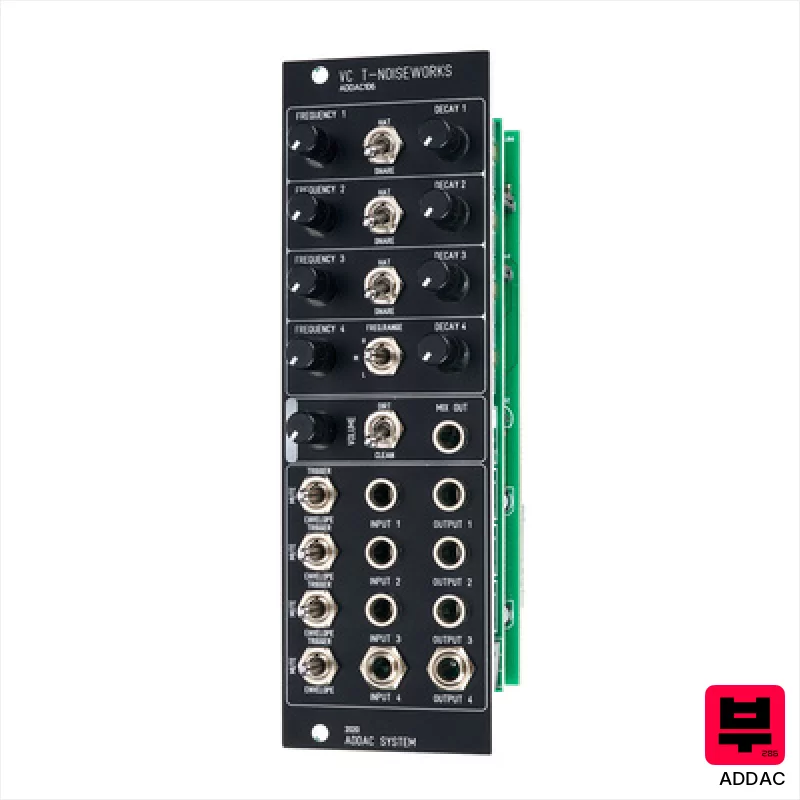
ADDAC 106 T-Noiseworks
- • Generate white, pink, and colored noise
- • Random modulation source
- • May seem like simple functionality
- • Takes up space for basic function
ADDAC 106 T-NoiseworksEurorack Module4-Channel noise source with T-network filter and decay envelopeSuitable for...
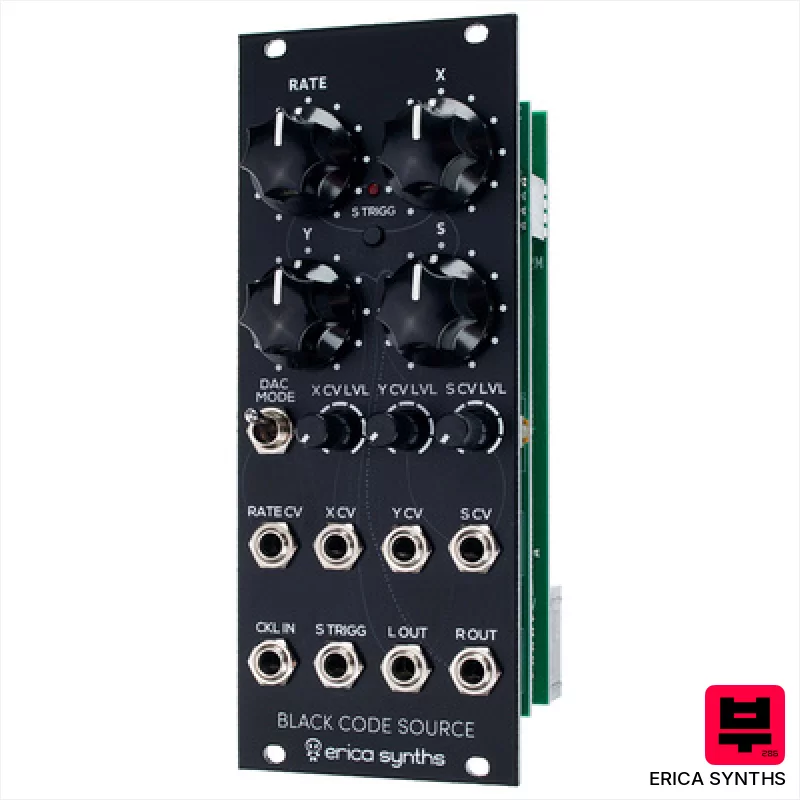
Erica Synths Black Code Source
- • Generate white, pink, and colored noise
- • Perfect for percussive and textural elements
- • May seem like simple functionality
- • Limited musical application alone
Erica Synths Black Code SourceEurorack ModuleDigital noise and random generator9 Different noise types (stereo) with...
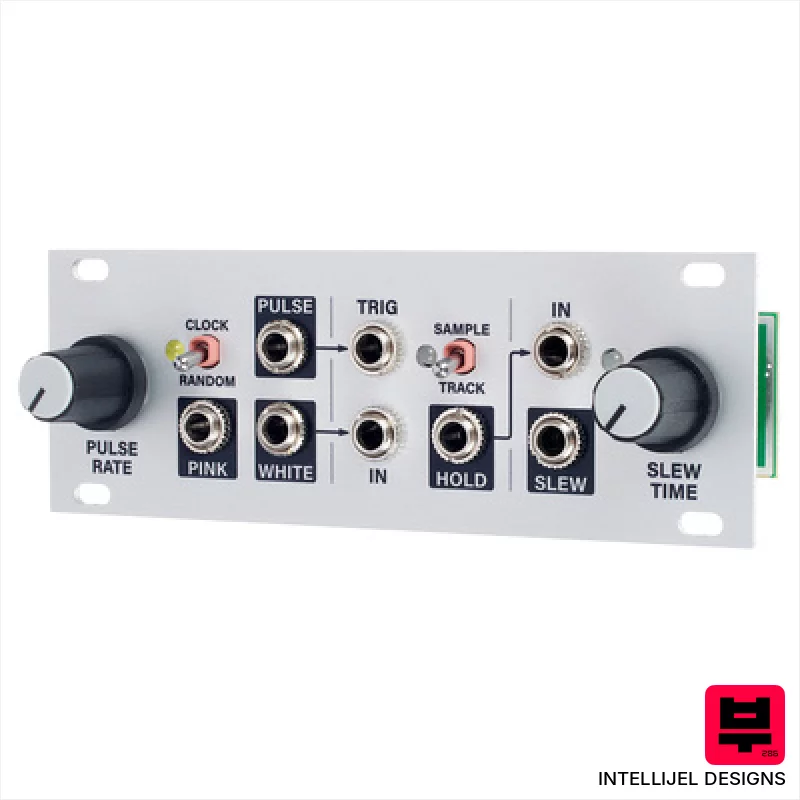
Intellijel Designs Noise Random Tools 1U
- • Perfect for percussive and textural elements
- • Great for sound design applications
- • Can be harsh without filtering
- • Limited musical application alone
Intellijel Designs Noise Random Tools 1 UEurorack ModuleUseful tools for Eurorack systemsClock and random pulse source...
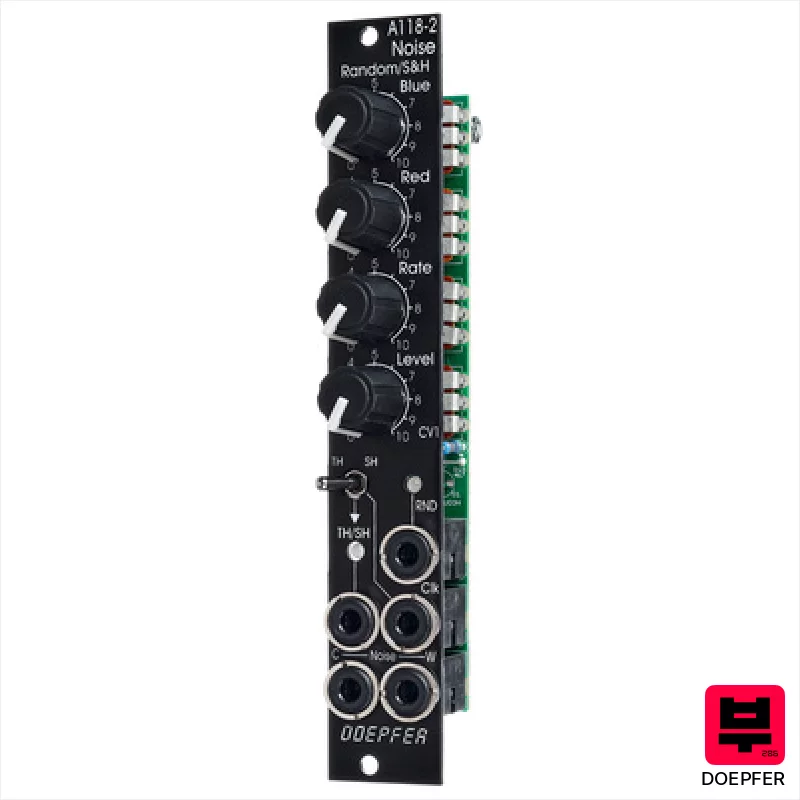
Doepfer A-118-2 VE
- • Random modulation source
- • Perfect for percussive and textural elements
- • Noise quality varies between modules
- • Limited musical application alone
Doepfer A-118-2 VEEurorack ModuleVintage Edition with black front panelNoise and random generatorOuput for white...
How to Choose the Best Noise Modules
Budget Planning
- • Under $200: Entry-level
- • $200-$500: Intermediate
- • $500-$1000: Advanced
- • $1000+: Professional
Quality Check
- • Sound clarity & tone
- • Build materials & finish
- • Hardware durability
- • Overall craftsmanship
Key Features
- • Your musical style
- • Skill level match
- • Intended use case
- • Brand reputation

